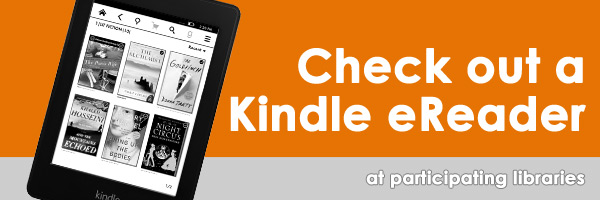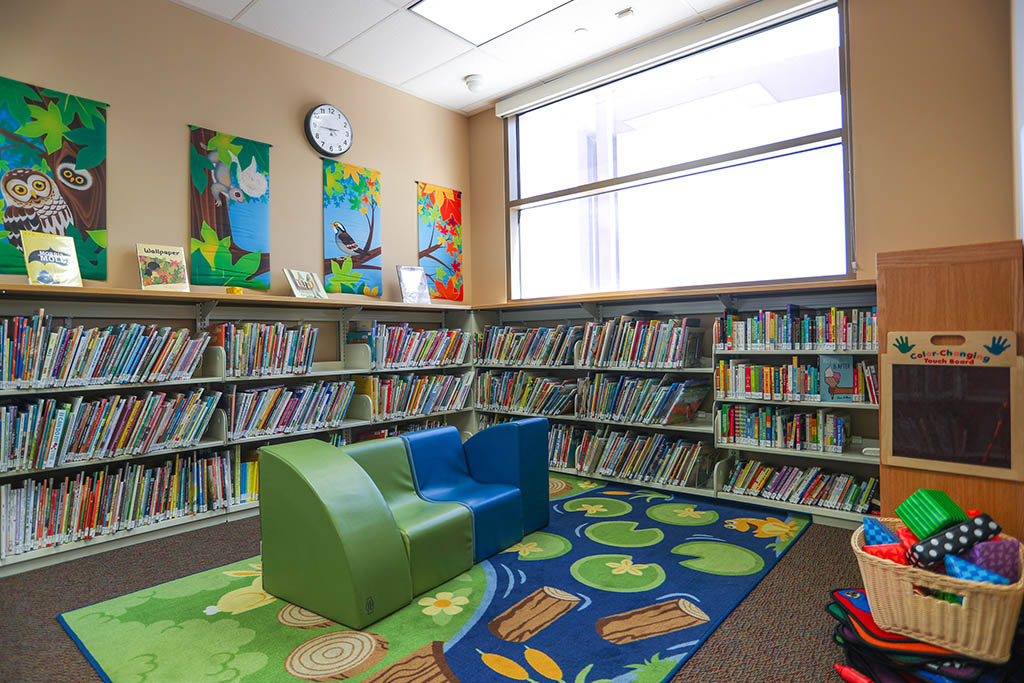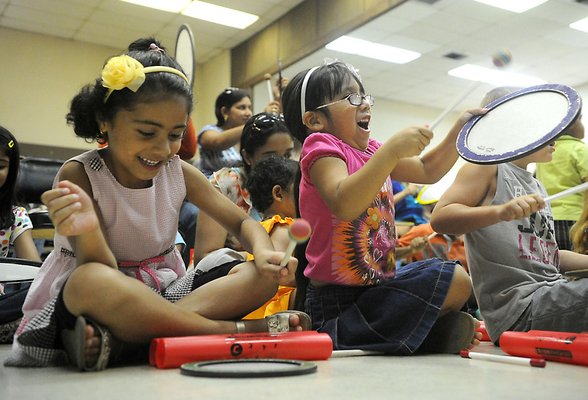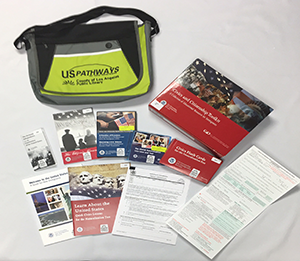Fairy Tales
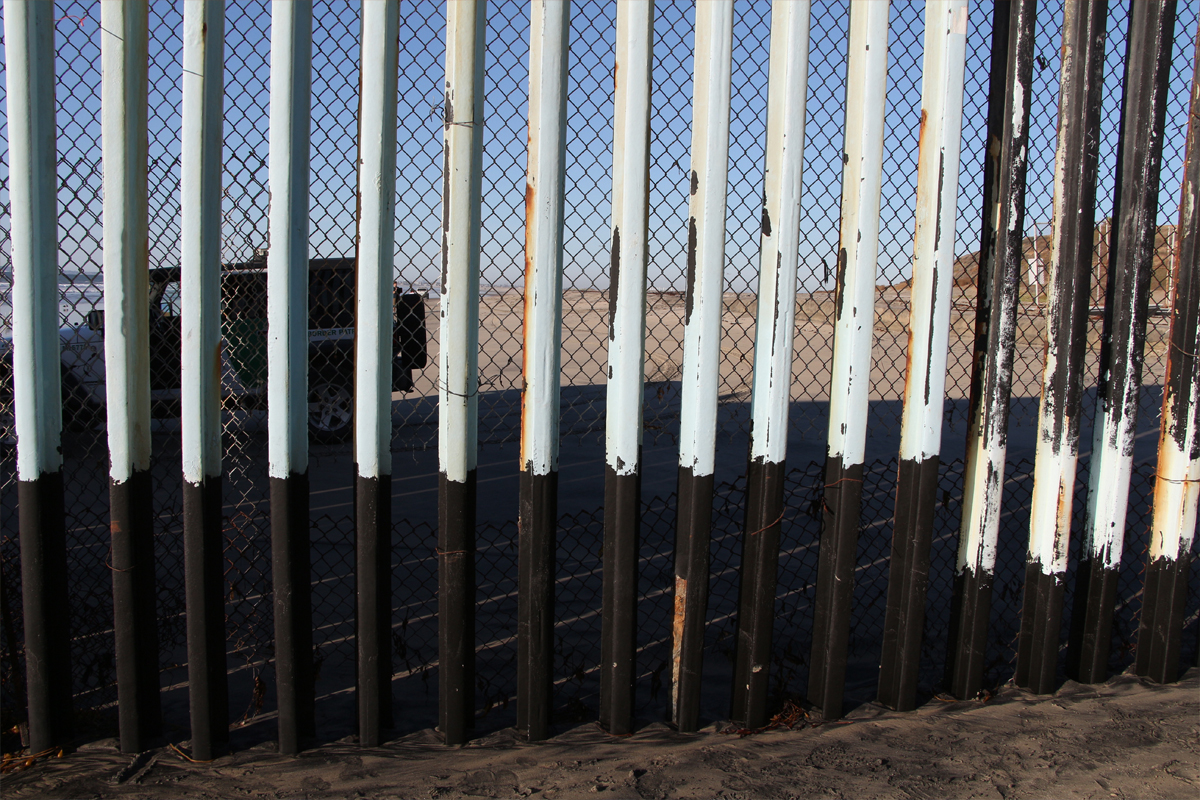
A white bandage covered my dad’s eyes as we sat in the ophthalmologist’s office.
“Your father is legally blind, Miss Huang. We need some more tests, but it looks like he had a seizure in his sleep that caused the loss of eyesight.”
I was 18 years old and just a few weeks out of high school graduation when I heard these words.
There were questions: “Did you notice anything different about him these past few days? How long has he been complaining about nausea? When did it start?”
“What did he say?” my dad asked me in our native Shanghainese, a dialect of Chinese.
He only ever spoke enough English to get by at his motel job, but never had the opportunity to learn more. My mother on the other hand didn’t speak any, so by default I was the family’s representative. I struggled with how to translate the word “seizure.” I translated the diagnosis as a malfunction of the brain. The word “lost” I translated into “disappeared” so to clear up any ambiguities about recovery. My dad, who was 65 then, seemed to understand. He turned his head away from me after hearing these words. My mom, who was mostly deaf, didn’t bother to ask me to repeat into her ear what I had just said; she guessed from the looks on our faces.
“Can you bring him back in September?” the doctor asked. “I’d like to see if we can schedule to remove the cataract from his eyes. Maybe it’ll help.”
“I’m supposed to go to college in Northern California,” I said to no one in particular.
Zeus punished the Titans when they rebelled against the Olympians by striking out their eyes. Oedipus, having recognized his own failure as king, blinded himself. At 18, I had understood the world through stories like these. I would talk about them with my dad after getting home from school and he would explain what he could to me. When I had questions, it was my dad who most likely had the answers. He liked to remind me that he went to college in China before the Cultural Revolution and read western literature. But this time he had no answers – my dad was at a loss. Was this punishment? Who for? Why now?
Like the families I grew up with in South Los Angeles, we didn’t have medical coverage, nor did we understand anything about the medical system in the United States. Health care, it seemed to us new immigrants, was only accessible to people who were in better financial situations. For us, health care often came from the medicine section at the local farmacia, or at Thrifty’s drugstores, or from packages sent by relatives from home countries like Mexico and Guatemala or, in our case, China. My neighbor Omar suggested that I go across the street to the abandoned warehouse where a group of Pentecostals set up shop on weekend evenings.
“My mom said you can ask for a blessing and sometimes they’ll even give you money for medicines.”
No one in my neighborhood had computers or an Internet connection. Illness was an invisible thing that no one talked about. What is preventative care when it took so much energy just to survive? All I knew from my parents and from what I saw on television was that health care was expensive. It was finally my mom who jotted down a phone number to a free family clinic in Chinatown from a co-worker’s neighbor.
In the weeks before my dad lost his sight, I had graduated from Venice High School. He beamed when he saw me in my blue cap and gown. “It doesn’t matter that I work 24-hour shifts in a motel,” he said, “my reward is seeing you go to college. You’ll have money, and money will give you freedom. Money will elevate you to a different class.”
That summer in 2003 I did a lot of driving in my dad’s gray ‘95 Ford Escort. He was so proud of that car. It had taken him seven years to save up for a down payment. It didn’t overheat and leave us stranded on the freeway like his last car, an ‘83 hatchback Chevrolet, had. We drove to the doctor’s office, to referrals, to get medication, to the Chinatown Service Center for help with Medicare enrollment, and to the Social Security office on Adams and Hoover. We drove to the Hawaii Motel on La Brea and Venice where we collected his final paycheck, his hot water thermos and his box of tea.
“Fifteen years of work and I only had two things,” my dad said, as we drove back home from the motel. “I should be the one taking care of you.”
My mom started taking on more work at the garment factory where she worked in Lincoln Heights. When she needed help trucking large bags of clothes home, I picked up where my dad left off. I suddenly became the only one who drove in the family, the one who spoke the most English, the one who had all five senses working properly. She worked on anything her employers were willing to allocate to her. This included things that were difficult to make, like shirt collars or really slippery fabric.
“Five cents a piece. If I sew this order of 2,000, I can make $100,” she said.
That kind of work usually took about a week to complete. Some nights she worked very late. Her Juki sewing machine vibrated throughout the house and kept everyone up. Our living room lights dimmed a little each time she started work.
“What are we going to do without you?” my mom would ask at dinner. She can’t hear, so she mostly spoke out loud to herself.
There are three kinds of tears that the human eye produces: basal tears, which lubricate our eyes; reflex tears, which are reactions to external irritations like dust particles; and psychic tears, which result from strong emotions. Psychic tears have a different chemical make-up from the first two. They have higher levels of a protein-based hormone called Leu-enkephalin, a natural painkiller that we produce when parts of our bodies hurt. I learned that tears could still form in the human eye even when there is no sight. I also learned that psychic tears were best done in private, like in a dark room, or hunched over a sewing machine, or in the car while it is parked in the garage where no one can see.
In the months that followed his diagnosis, my dad spent a lot of time sitting alone in his bedroom. Light made him nauseous. Talking made him nauseous. Car rides made him nauseous. Sometimes I would find him just sitting there listening to his CDs; sometimes he would try to play his guitar in the one-foot wide makeshift studio between his bed and the wall. “I’m sorry I threw up again,” he would say.
“Your father was a great classical guitar player,” my mom told me. “Your grandma loved to hear him play.” His collection was filled with all sorts of jazz, concertos, and big band orchestras from the 1950s.
“Did we get anything in the mail today?” my dad asked me after I got home each day from my shift at Starbucks. We’d sit together by his bedside as I went through the various letters from Social Security and Medicare about his retirement, his upcoming appointments, and requests for our bills to determine low-income status. Feeling his way to the bathroom became increasingly hard for him, so he kept an empty plastic milk jug nearby with the tops cut off. I would empty it and rinse it for him.
“Dear Miss Huang, we’re writing to remind you to respond to your college admissions package,” the letter read “This is urgent.”
Working at the local Starbucks near USC on Hoover and Jefferson, I would bring back leftover coffee and pastries for my parents when the store closed at one a.m. I knew my dad would be up waiting for me. Sometimes we would sit at the pullout butcher block in the kitchen and eat the reheated bounty together.
“I first tasted a butter croissant with your grandma when I was a kid,” he reminisced. “American cafés were in vogue then in Shanghai. Your grandma taught me to always put on my double-breasted jacket when we ate at western cafés. She was very worldly and genteel that way.”
I asked our store manager, Sal, for more shifts. Some days I worked the closing shift to one a.m.; on others I worked the opening shifts that started at four a.m. Working gave me a reason to leave home. What can I get for you today? Would you like whipped cream on your macchiato? Can I wipe your table for you? No, I am fine, thank you for asking.
When I had free time, I would go to the Glendale Galleria and try to apply for more jobs. “We’re not looking for anyone who needs this job to make rent,” Amber, the store manager at Abercrombie & Fitch, told me as she eyed my old blue jeans and milk-stained black tennis shoes from Payless. “This is a job for you to have fun and like make a little extra cash for new clothes before school starts.”
“What do your parents do?” my co-worker Michael asked me one day while we made lattes at the espresso machines.
“Oh, my dad’s retired and my mom works in fashion.”
I learned that from kids like Lorena or Isela who, like me, took the bus for two hours every day in high school to go to a school in a better neighborhood. Unemployed was “stay-at-home,” liquor store owner was “entrepreneur,” restaurant bus boy was “work in culinary arts,” and so on.
“That’s cool. My dad’s thinking about retiring, too. He’s a colonel and we live in Palos Verdes. But both me and my sister are living near campus now because of school. I’m in the Architecture School. She’s a Pi Beta Phi. What are you studying?”
“Double tall nonfat sugar-free vanilla latte for Katie!”
On the U.S. Citizenship Naturalization Test, a frequently asked interview question is, “Why do you want to become a naturalized citizen?” An acceptable answer is “freedom” or “mobility.”
Between ten p.m. and four a.m. were the universal Hours of Self-Pity. There was a strong correspondence between a physical and personal darkness that happened each night. Working the closing shift or the dawn shift took up an otherwise empty space that was all too easy to fill with regrets, what-if’s, and why-not-me’s. Questions that did nobody any good.
Letters that summer came and went. Dear Mr. Huang, we are writing to explain your diagnosis…Your Social Security benefits will begin on… Your medication summary for the month of July…
Dear Miss Huang, this is your final notice to respond to admissions at the University of….
Sometimes the landlord’s son Omar would come sit with me late at night on our stoop. Mostly I sat out there to feed the one or two feral cats that visited.
“Your dad okay? I’m sorry. Eh, my dad wants to know if you’re gonna need to move your rent date to later in the month. And my mom wants to know if you’re gonna sell your dad’s car cuz my brother Alvaro might wanna drive it. He’s 15 now and he’s gonna drive it to my dad’s store to work.”
That summer I listened to a lot of old songs because it was what we had at home. My Dad said old songs reminded him of Shanghai. On those nights, it was just Sinatra and me. “Fairy tales can come true, it can happen to you, if you’re young at heart… .”
The letters from school came less and less frequently. Eventually they stopped coming altogether. Instead, they were replaced by more letters from the Social Security office. We got at least two letters a week addressed to my dad about his disability and retirement, all of which were in English.
“It’s still very cloudy and dark,” my dad told his doctor in September after his operation.
“There’s not much more we can do for him,” the eye doctor told me privately as my mom escorted my dad out of the office. “We’ll need him back over the next few months for more checkups. We have your number. Will you be around for a while?”
“Yes. I’m not going anywhere.”
I opened the passenger side door for my dad and sat him down slowly. I asked him if he was comfortable, then I asked him to raise his arms so I could help buckle his seat belt. On the way home he said, “I know what you’re doing. I can still see.”
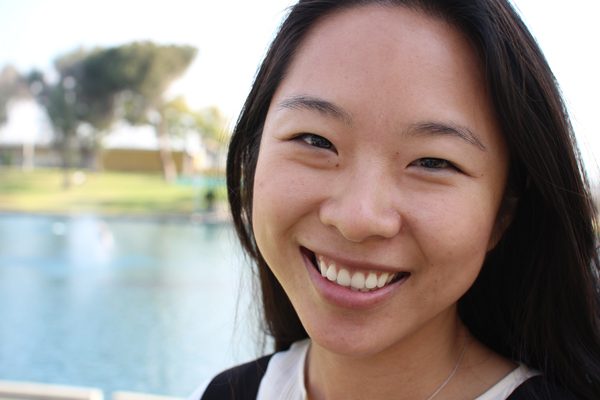
March 1, 2016


